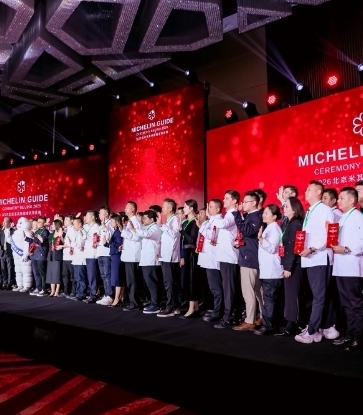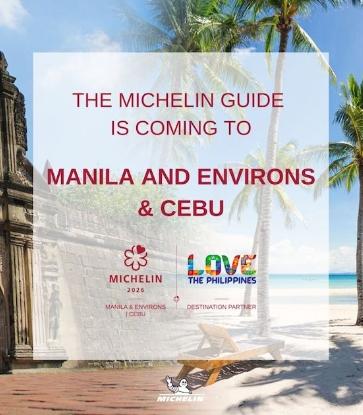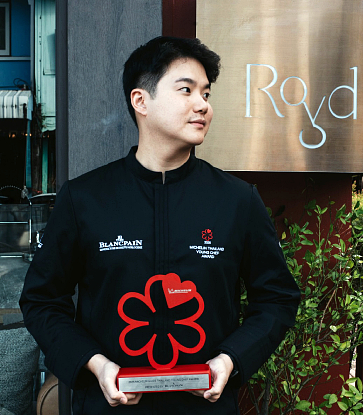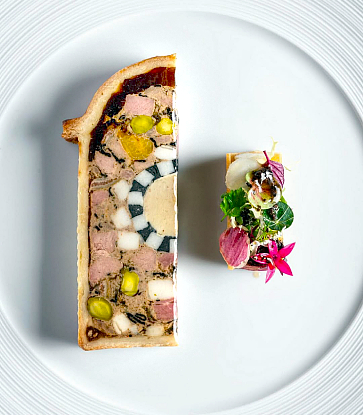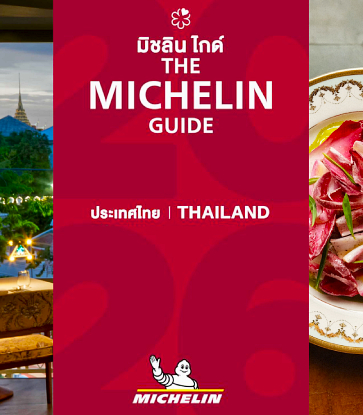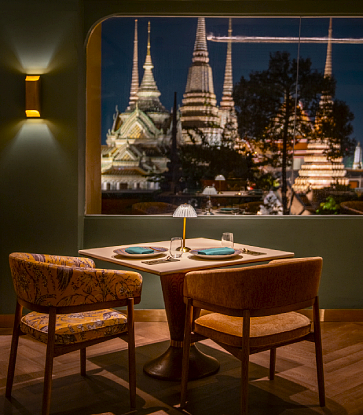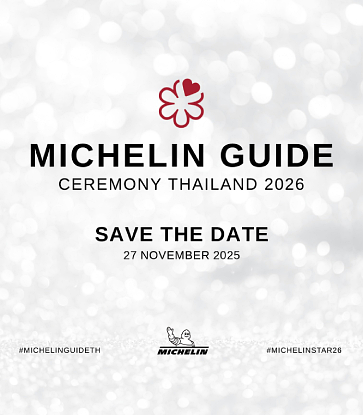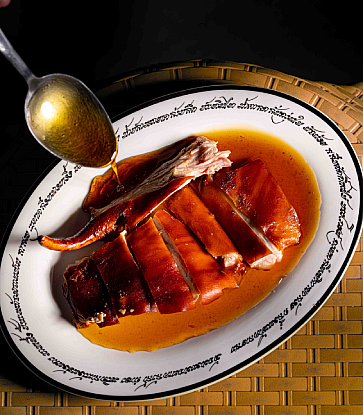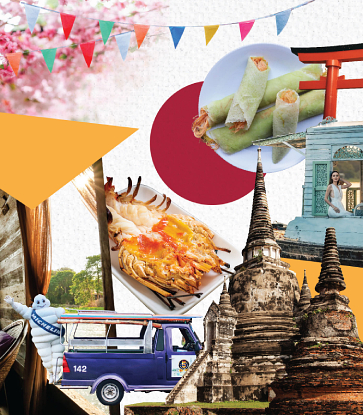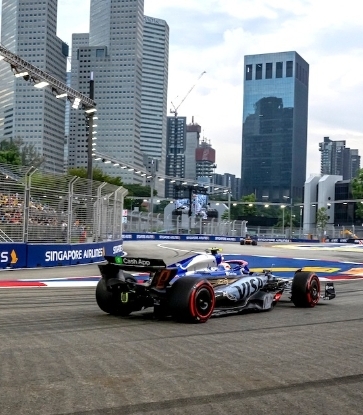Every year, the UN Food and Agriculture Organization estimates that one third of food produced for human consumption, or 1.3 billion tons, is wasted – that is enough food to feed three billion people!
Considering all resources (land, water, energy, and labour) required to produce, store, process and distribute food products, food waste has a tremendous negative impact on the environment. If it were a country, it would be the third biggest greenhouse gas emitter after the United States and China.

In the hospitality industry, up to 40% of all food purchased is thrown into the bin – which is also equivalent to throwing money away. This reality is yet underestimated in the industry.
Solution providers like LightBlue Environmental Consulting (LBEC) help hospitality professionals address that issue by providing answers to key questions such as “How much food is going to the bin? Why is this so? What type of food is being thrown away? When, by whom, and what is the cost?”. A clear understanding of the severity of the situation by stakeholders and decision-makers is what triggers change.

As a company whose main operation revolves around food, the MICHELIN Guide Thailand deems it necessary to raise global awareness on the topic of reducing food waste and, indeed, in leading by action.
The MICHELIN Star Revelation Thailand 2020 event, set to cater upscale food for more than 600 people on November 12, 2019, assigned LightBlue with the task to reach Zero Food Waste to Landfill, through multiple measures such as collaboration with chefs (including training and menu engineering), food rescue system design, training of kitchen and service staff members, collaboration with a food donation charity to collect surplus, and identification of ways to transform the rest of organic waste into animal feed or compost.
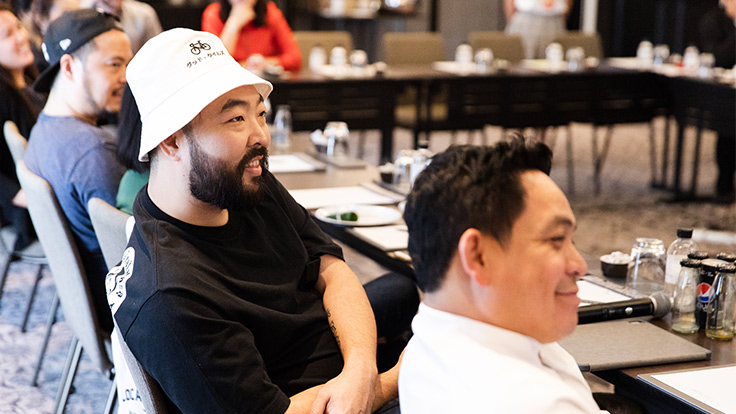

"Sustainability is one of the main purposes of the Michelin Group as a global company,” says Gaelle Van Hieu, Vice President of MICHELIN Experiences, Southeast Asia. “It is more than a growing trend but a reality. Restaurants, chefs and professionals of the industry have already been initiating new practices and processes for several years now in order to reduce the environmental impact of their activities.”
Benefits of this innovative approach will be measured through specific performance metrics, such as quantity of food donated (in kg), quantities of meals rescued, quantities of food transformed (in kg) and carbon emission reduction using the Food Excess Monitoring (FEM) software, and number of people trained on food waste prevention.

Benjamin Lephilibert, Founder & Managing Director of LightBlue adds, "As a Technical Sustainability Partner, we bring a very specific expertise to ensure that all necessary conditions are met to make this event the first Zero Food Waste to Landfill event. This is one of the most exciting challenges of my career, and I am convinced that this can become a landmark in the overall shift towards more Sustainable Haute Gastronomy practices.”
LightBlue’s methodology is prioritising efforts according to the food waste pyramid, starting from the best options – prevention, feeding people, feeding animals and transformation, to avoid the worst option - landfilling.

“Besides the technical sustainability approach,” Van Hieu adds, “we have encouraged all the guest chefs who will cook for our guests to source their ingredients locally and especially to pay tribute to Northern Thailand (our 3rd edition of the MICHELIN Guide Thailand is covering Chiang Mai for the first time)."
Click here to learn more more about the project: https://www.lightblueconsulting.com/zero-food-waste-to-landfill




